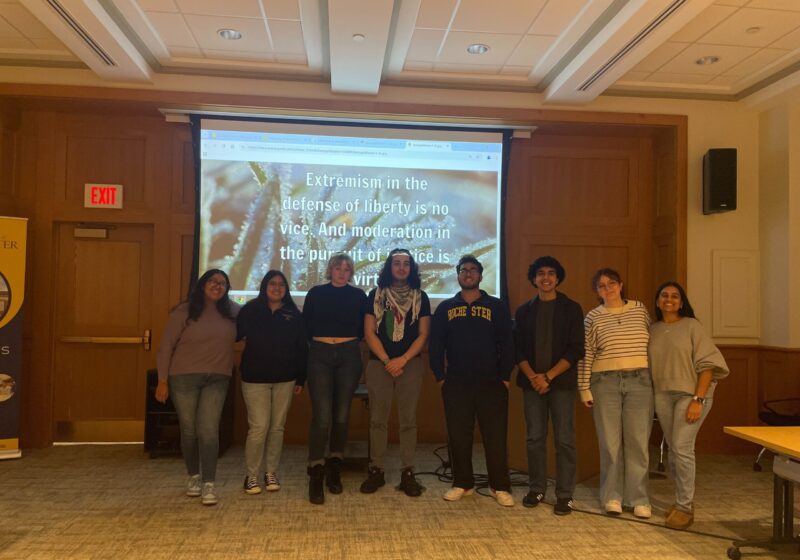Many UR students know the pain that is waking up for exams during common exam time. Being up at 7 a.m. or maybe even pulling an all-nighter before, is an all too common occurrence — one that can seriously impinge upon a student’s ability to perform. Ask anyone how he or she feels that early in the morning before an exam and he or she will surely be groggy and slow to think. Add that the only places open for any semblance of food that early are Starbucks and Common Connections — hardly a breakfast of champions — and common exam time begins to pose a serious problem for student performance and morale.
The problem is that many college students have trouble waking up and being completely functional in the early morning. With students’ sleeping habits, including studying late into the night and sometimes even skipping out on sleeping altogether, students are not prepared for early morning exams — something that students are forced to do multiple times every month. Students’ schedules are replete with classes, labs and other commitments throughout the rest of the day. But even when common exam times don’t conflict with classes, they still interfere with daily schedules. Additionally, students are unable to choose exam times when they register, even if they have a full day of class afterward. Early morning tests are contraindications against being productive with other work, the effects of which can be felt much later into the week.
Some science classes — and many humanities and social science classes — have structured their tests within class timeare have been balanced. In addition, some economics tests are scheduled within recitation time, which gives students direct ability to choose their test times.
It is understandable that some tests are long and conflict with students’ busy schedules and must be taken at undesirable times. But most tests, excluding midterms and the like, should be built into class time. After all, we spend that much time learning the material in class. Structuring all non-essential tests out of the common exam time could have a noticeable effect on both student achievement and well-being.
Professors need to be able to harmonize test times with students’ chaotic and busy schedules. This can be achieved by fitting many tests into class time and thinking creatively by giving students more flexibility, perhaps by having tests within very variable recitation periods.




